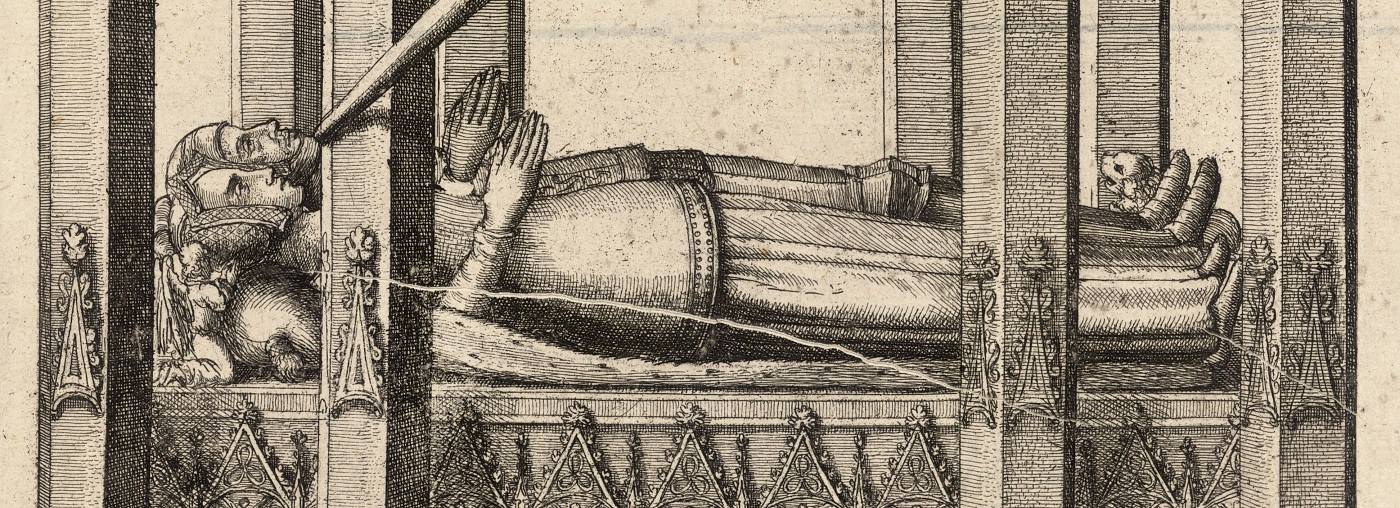'a general mortality oppressed the people. It was called the second pestilence and both rich
and poor died, but especially young people and children.'
The Leicestershire outbreak cost Blanche's parents their lives. In Lincolnshire that year there was an outbreak in Louth, a town just fifteen miles north of Bolingbroke Castle, where Blanche had given birth to Henry, the future Henry IV.
By 1368 Blanche was weakened by childbirth and susceptible to infection, she was therefore 'ripe for the picking' so to speak.
Blanche had given birth to a daughter in 1368 who died as an infant, it is plausible that Blanche may have died in childbirth her poor body weakened from the years of constant pregnancy. She was married at twelve/thirteen, had her first baby nine months later and was pregnant with another child before her body had chance to recover from the last until the aforementioned daughter born in 1368. Blanche died in Staffordshire where there was a recorded outbreak in 1369 which may have taken the life of her last child, it is not unreasonable to suppose the 'black death' took poor Blanche too.
French author Jean Froissart wrote that Blanche was 'young and pretty' even Geoffrey Chaucer was so inspired by her beauty that he wrote of her in his work The Book of the Duchess.
Blanche's body was laid to rest in Old St Paul's Cathedral in London, where Gaunt later joined her. Their tomb was destroyed by fire when the cathedral burnt down in 1666.
Note: Blanche's maternal aunt was Eleanor of Lancaster. Eleanor's first husband, John de Beaumont was also Blanche's paternal uncle.
meanderingthroughtime.weebly.com/history-blog/eleanor-of-lancaster
Note: What is interesting is that both Blanche and Eleanor dates of death are one day off being exactly fifty years apart.


 RSS Feed
RSS Feed
